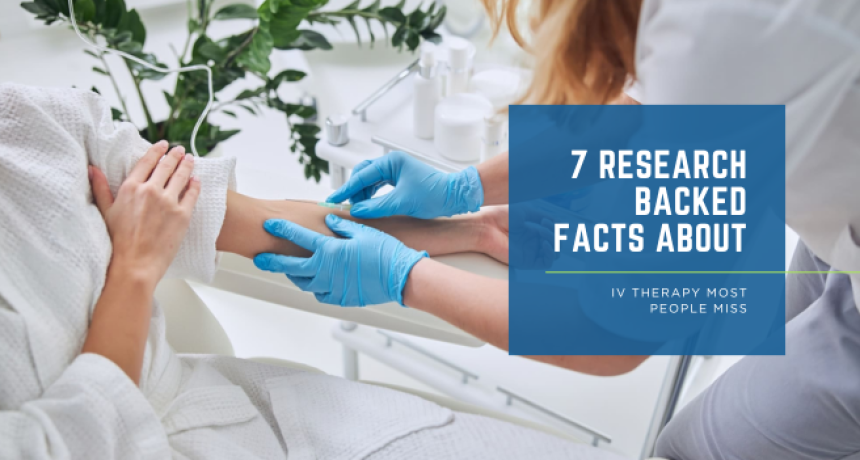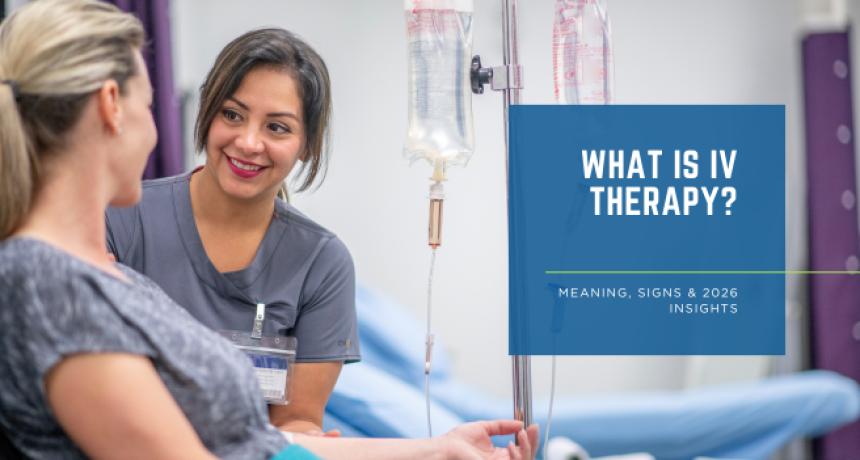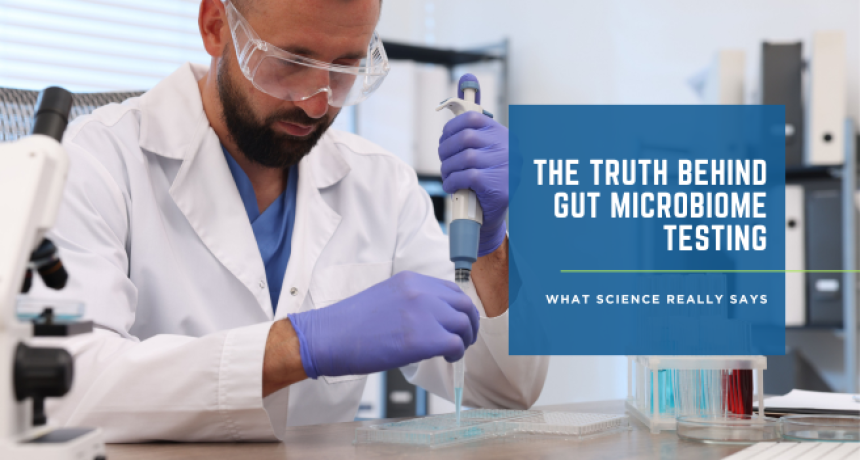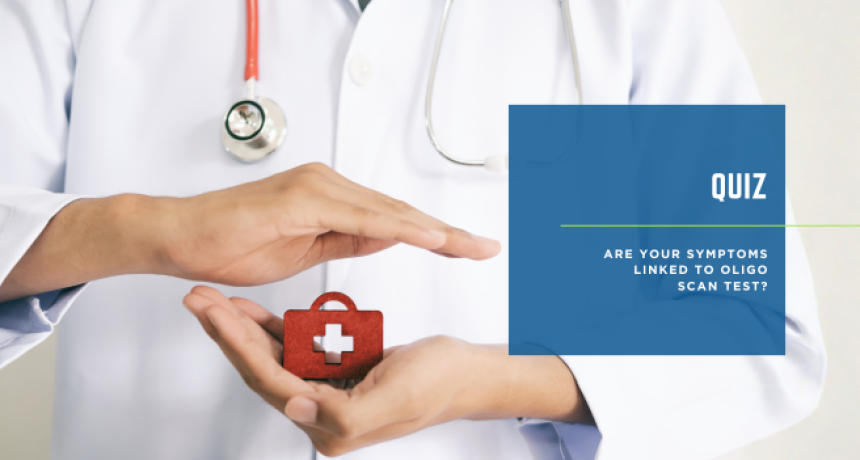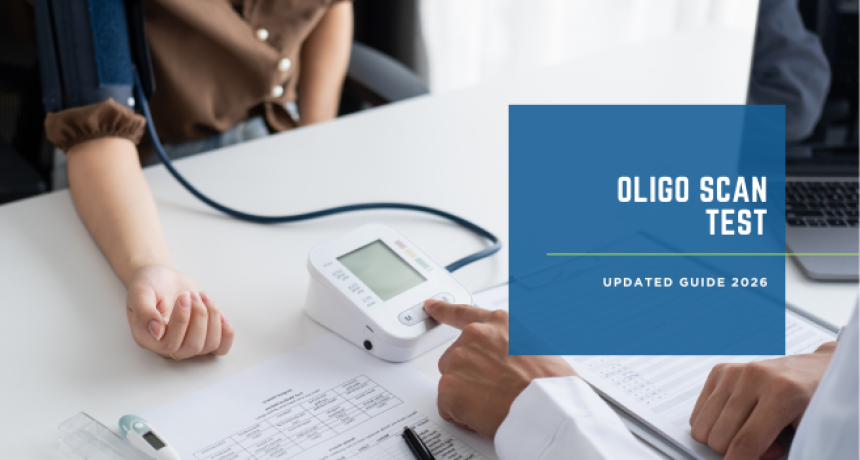STDs vs STIs: Difference, Symptoms & When to Get Tested
2025-07-27 For many people, the terms STD (sexually transmitted disease) and STI (sexually transmitted infection) are confusing—or used interchangeably. But they’re not exactly the same. And understanding the difference can change how we talk about, prevent, and treat them. In a country like India, where sexual health is still a taboo subject, silence has led to ignorance—and ignorance to unnecessary suffering. A 2023 study by the Indian Council of Medical Research (ICMR) revealed that more than 65% of individuals with STIs never seek treatment, mainly due to stigma and lack of awareness. At L&B Clinics, we believe that clarity saves lives. This blog breaks down the difference between STDs and STIs, common symptoms to watch for, how to get tested, and when you should take action—even if you feel completely fine. A sexually transmitted infection is when a virus, bacteria, or parasite enters the body and begins multiplying—but may not cause symptoms yet. A sexually transmitted disease refers to an infection that has progressed to cause symptoms or complications. Example: Why it matters: One of the biggest misconceptions is that STIs always have symptoms. In reality, most STIs are silent at first, especially in women. Unusual vaginal discharge (yellow/green or foul-smelling) Pain or burning during urination Pelvic or lower abdominal pain Bleeding between periods or after sex Itching, rashes, or bumps near the genitals Pain during intercourse Penile discharge (white/yellow/green) Painful urination Swollen or tender testicles Itching or rash on the genitals Visible sores, blisters, or warts Burning sensation after ejaculation Important: HIV doesn’t show up as a single sign. Early symptoms can look like common flu or viral fatigue, but being aware can lead to early diagnosis and treatment. Fever, chills, night sweats Fatigue, joint pain Mouth ulcers Swollen lymph nodes Diarrhea or sore throat These symptoms often go away—but the virus continues to damage the immune system. Early testing and ART (antiretroviral therapy) can help you live a long, healthy life even with HIV. You can contract an STI through: Vaginal, anal, or oral sex (even without ejaculation) Genital skin-to-skin contact (HPV, herpes) Sharing sex toys without cleaning Childbirth or breastfeeding (HIV, herpes) Blood contact or shared needles (HIV, Hepatitis B) Getting tested is easier, faster, and more confidential than ever before. At L&B Clinics in Delhi, we offer a range of sexual health testing services: Blood tests: HIV, Syphilis, Hepatitis B/C Urine tests: Chlamydia, Gonorrhea Swabs: Vaginal, rectal, or throat (if needed) Pap smear + HPV test: For cervical cancer screening in women Rapid tests: Same-day HIV or syphilis results Anyone who’s sexually active with new/multiple partners People with a previous STI history Couples planning to stop using condoms Anyone who’s had unprotected sex, even once Pregnant women (to prevent mother-to-child transmission) Annually if sexually active Every 3–6 months if you have multiple partners Immediately after any risky exposure There’s no such thing as 100% safe sex—only safer sex. Here's what helps: Condoms and dental dams greatly reduce risk of HIV, gonorrhea, chlamydia, and syphilis. Use lubricated condoms to prevent friction and tearing. HPV Vaccine: Prevents cervical, penile, and throat cancers. Hepatitis B Vaccine: Mandatory and effective. Talk about testing history and protection methods Get tested together before starting a new relationship These can carry traces of blood or fluids that may transmit infections like Hepatitis B and HIV. A strong immune system helps fight infections faster. At L&B, we also recommend evidence-backed sexual health supplements like: Zinc and Vitamin D Omega-3s Adaptogens like Ashwagandha Many patients delay testing due to fear of judgment or exposure. At L&B Clinics, we provide: Discreet testing with results delivered directly to you Non-judgmental consultations—whether you're single, married, LGBTQ+, or exploring Treatment plans that include medication, supplements, and partner counseling Same-day appointments and fast reporting You’re never “dirty” for getting tested. You’re smart. Ravi, 28, engineer: Aarti, 24, newly married: Knowing your STI status isn’t just about protecting yourself—it’s about protecting those you care about. The earlier you catch an infection, the easier it is to treat. Testing is not a confession. It’s prevention. And it’s a form of care—for your body, your future, and your peace of mind. If you’re sexually active, make testing a part of your routine—just like an annual health checkup. As one of Delhi’s leading STD treatment clinics, L&B offers: Private STI testing Same-day HIV screening Prescription and guidance for treatment Immunity-boosting supplement plans Follow-up care for you and your partner No shame. Just science and support. Indian Council of Medical Research (ICMR) – National STI Survey, 2023 CDC – Sexually Transmitted Infections Guidelines WHO – STI Surveillance & Prevention Framework Mayo Clinic – HIV Symptoms & Testing Journal of Sexually Transmitted Diseases – HPV and Cervical Cancer in India Lancet Infectious Diseases – Global Burden of STIs ReportIntroduction: If You’re Sexually Active, You Need to Know This
STD vs STI: What’s the Difference?

🔍 STI = Infection
🔍 STD = Disease
You can be infected with chlamydia (STI) and not feel anything. But if left untreated, it may progress to pelvic inflammatory disease (STD).
The term STI is more medically accurate and less stigmatizing because not all infections become diseases. It also emphasizes prevention and early testing—even in the absence of symptoms.Common Types of STIs (and Which Can Become STDs)
Signs & Symptoms of STIs (In Men & Women)

Symptoms in Women:
Symptoms in Men:
Some infections like HPV, chlamydia, and HIV can remain asymptomatic for months or years. That’s why routine testing—not just symptom-based checkups—is crucial.HIV Symptoms in Men: What to Watch For
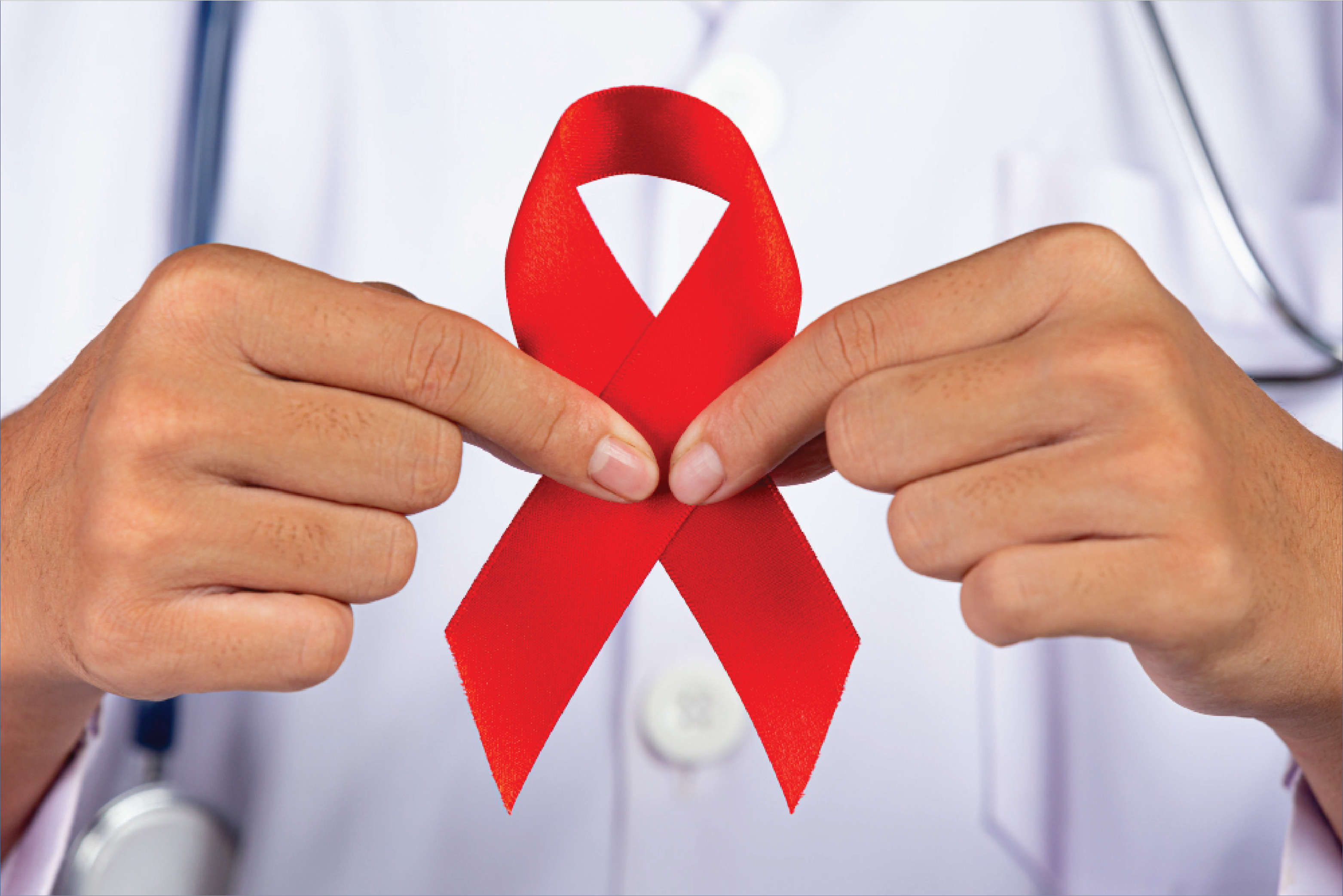
Early HIV symptoms (2–6 weeks after exposure):
How Are STDs/STIs Transmitted?

How to Get Tested for STDs: Your Options at L&B Clinics
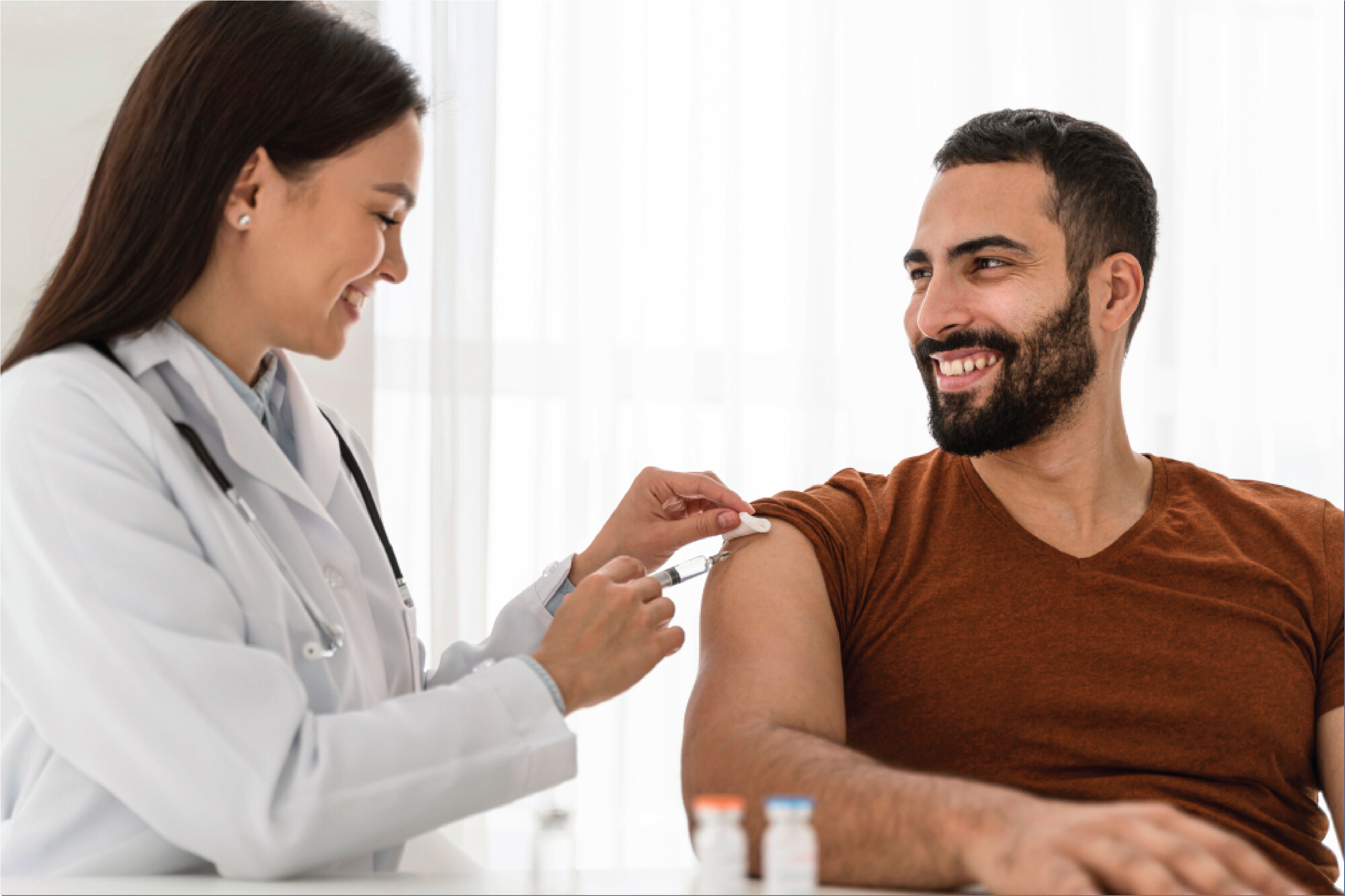
🔬 Testing Options:
😷 Who Should Get Tested?
⏱️ How Often?
STD Prevention Tips: What Actually Works?

✅ Use Protection Every Time
✅ Get Vaccinated
✅ Communicate With Your Partner
✅ Avoid Sharing Razors, Needles, or Toothbrushes
✅ Boost Immunity
STD Treatment Clinics: Why Confidentiality Matters
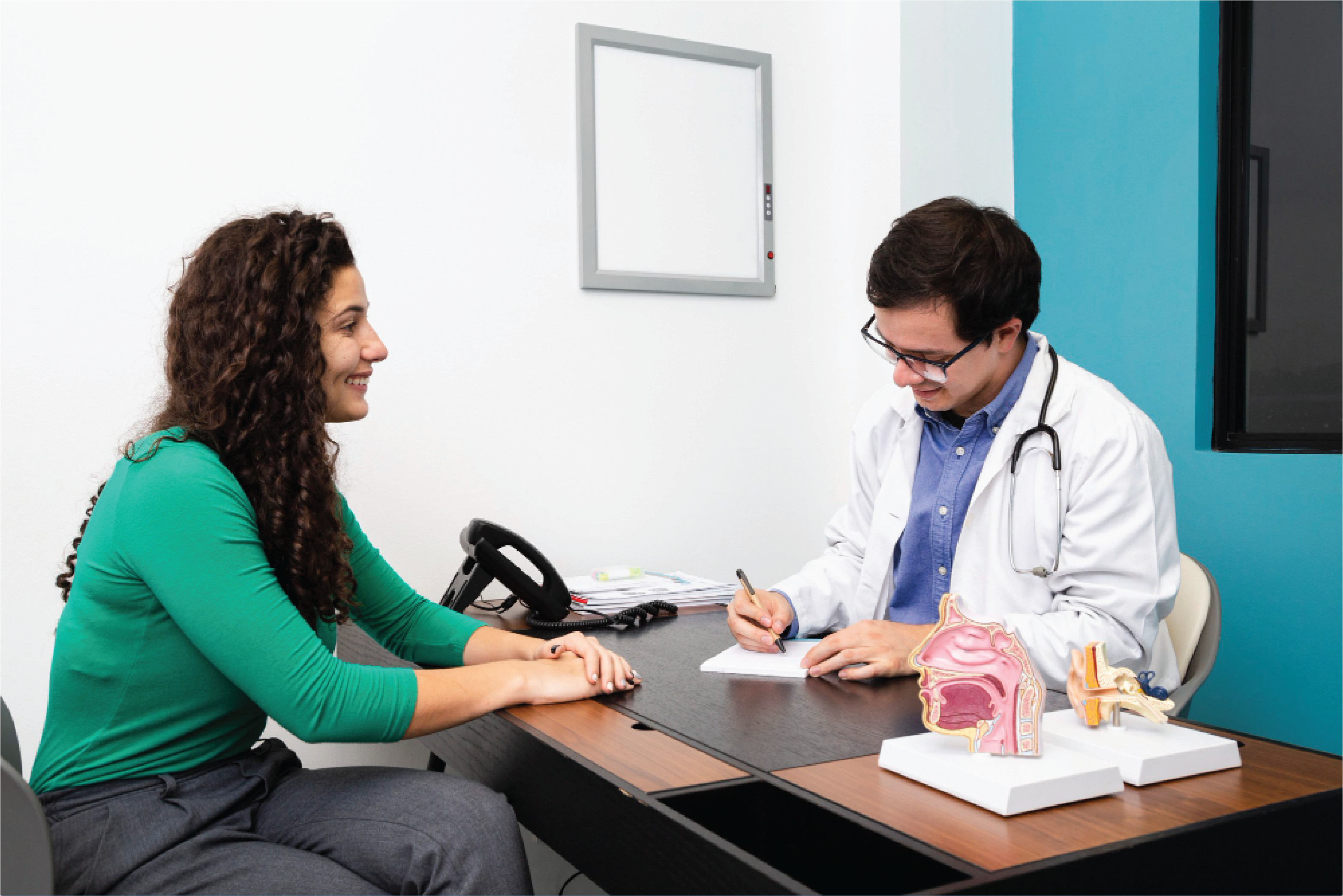
Real Stories From Our Patients
“I avoided testing for months because I was scared. When I finally came to L&B, it wasn’t awkward at all. The doctor explained everything and treated me with respect. I wish I’d come sooner.”
“I tested positive for chlamydia during a routine check. I had no symptoms, but it could’ve affected my fertility. L&B handled everything confidentially and helped my partner get treated too.”Final Thoughts: Sexual Health = Self Respect
Visit L&B Clinics: Confidential, Safe, Non-Judgmental
References
.png)

